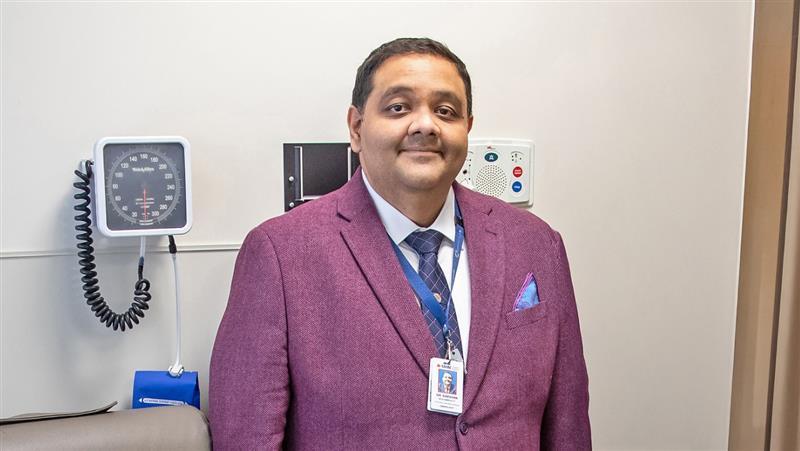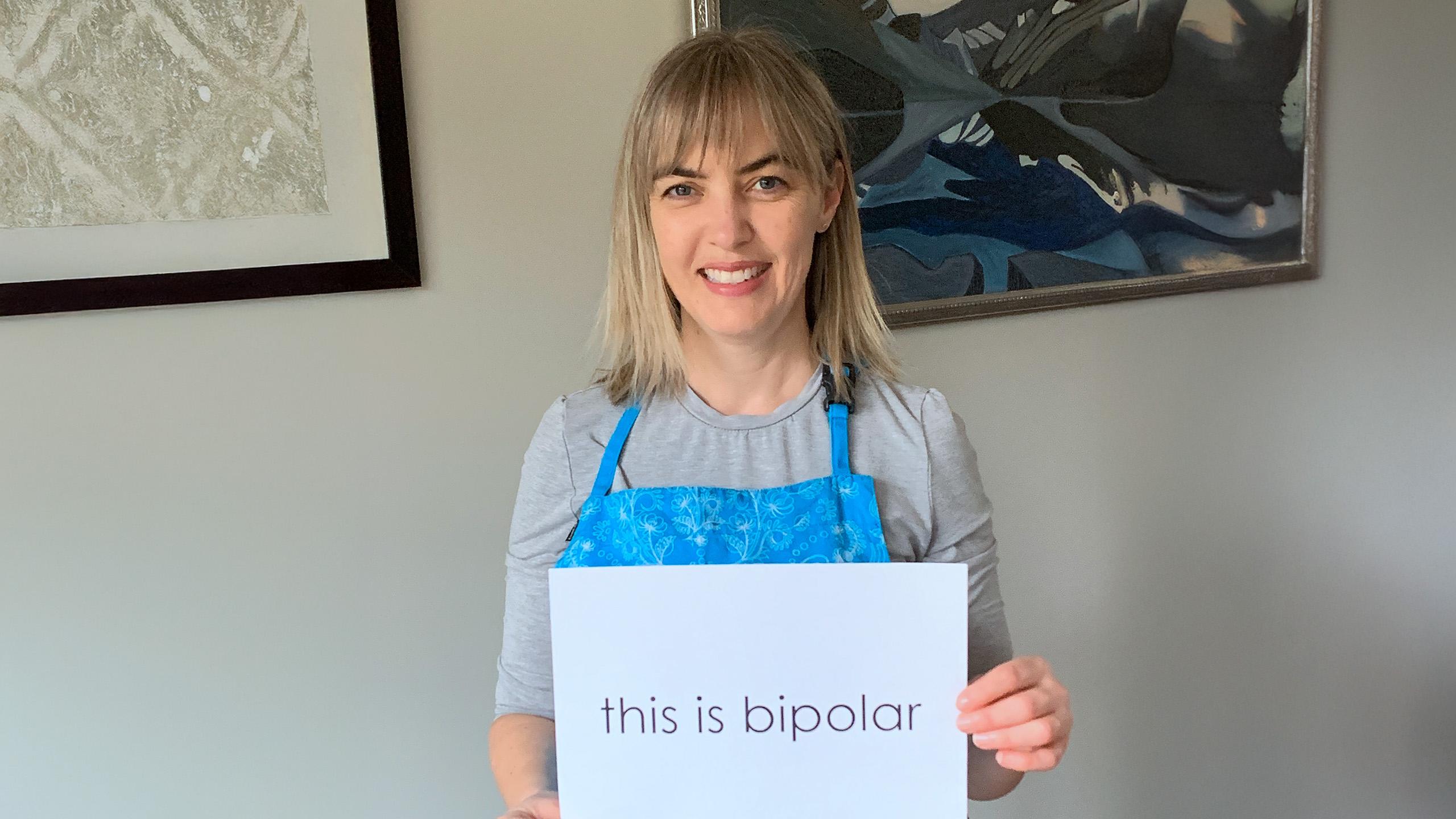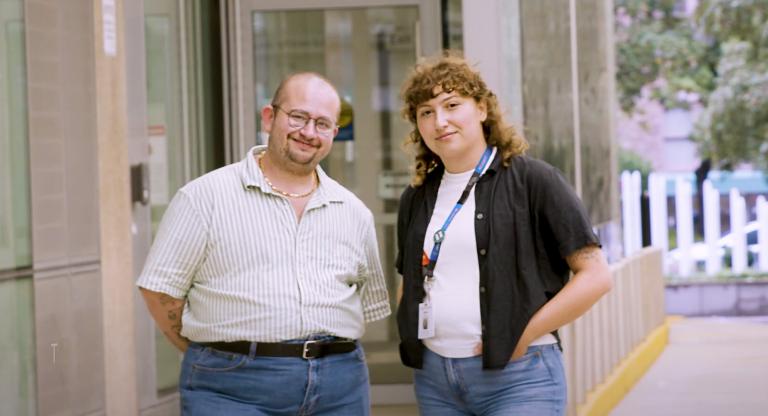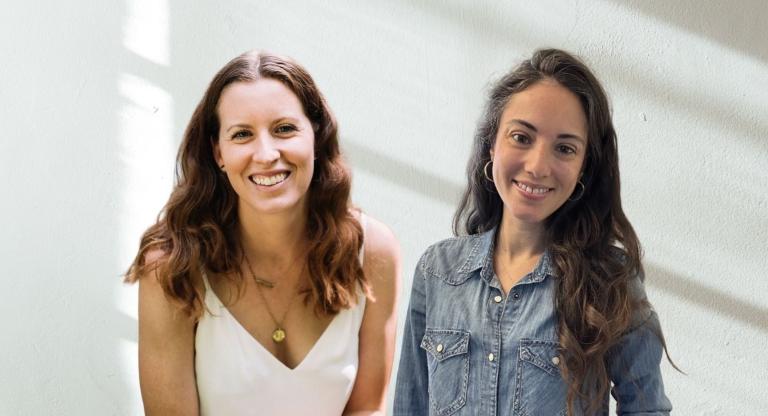From stigma to science: Changing the story of pelvic pain

Chronic pelvic pain affects millions of women, but too often their symptoms are dismissed, misdiagnosed or misunderstood. Mount Sinai Hospital is home to the only program in Canada specializing in neuropelveology — a highly advanced approach to diagnosing and treating pelvic nerve pain. For patients like Emily, who endured weeks of agony and unanswered questions, that expertise made all the difference.
Women’s pain is too often dismissed
For people with chronic pelvic pain, the journey to treatment is often prolonged, isolating, and fraught with uncertainty. The causes are rarely straightforward — conditions like endometriosis, ovarian cysts, pelvic floor dysfunction, or nerve-related disorders often overlap, complicating diagnosis.
Many women spend years seeking answers, only to be told their pain is normal or inconclusive. According to The Endometriosis Network Canada, eight out of 10 individuals with endometriosis reported being told their pain was normal before receiving a diagnosis. Such dismissal contributes to significant delays in diagnosis and treatment, prolonging suffering.
For too long, the health-care system has treated women’s pain as an afterthought — when it’s recognized at all.
Sinai Health is changing that narrative. And if you don’t believe it, just ask Emily.
One patient, three ER visits and a system not built to help
In September 2024, Emily began experiencing sharp, stabbing pain in her lower abdomen. It was intense and constant — waves of pain every 10 to 15 minutes. She went to her local emergency room and was diagnosed with a ruptured ovarian cyst. She was given pain medication and sent home.
But the pain didn’t go away. It got worse.
“Even with the medication, it felt like my stomach was full of razor blades,” says Emily. “I spent weeks lying on the couch. I couldn’t work, couldn’t walk. I barely left my apartment.”
Over the next few weeks, Emily visited the ER two more times. Despite her debilitating symptoms — including nausea, dizziness and even fainting — she was repeatedly told the same thing: it’s just a cyst. It will pass.
After a nurse at her local hospital encouraged her to go to Mount Sinai, recognizing its leadership in women’s health, the next time her symptoms became unbearable Emily decided to come to Sinai’s emergency department. By then, she was desperate for answers — and exhausted from being dismissed.
It was her third ER visit in less than a month. This time, everything changed.
She was admitted to hospital and placed under the care of Dr. Nucelio Lemos and the OB/GYN team at Sinai Health. Within days, she had a working diagnosis, a treatment plan and, for the first time, a sense of hope.
The science behind the care: What is neuropelveology?
Dr. Lemos is currently the only gynaecologist in Canada specializing in neuropelveology, an emerging medical field focused on diagnosing and treating pelvic nerve pain. These nerves control sensation, movement and organ function in the pelvic region. When irritated, compressed or damaged, they can cause excruciating pain that doesn't show up on standard tests.
“Pelvic pain is never just one thing,” says Dr. Lemos. “It’s a puzzle. There are more than 100 possible causes, and the key is to invest time and skill in diagnosis.”
In Emily’s case, the pain was being caused by blood from the ruptured cyst pooling in her abdomen, irritating her pelvic muscles and nerves. The result: intense, ongoing muscle spasms that no amount of standard pain medication could resolve.
Dr. Lemos didn’t rush to exploratory surgery. Instead, he relied on a detailed assessment, imaging and his expertise in pelvic nerve pathways to guide a non-invasive diagnosis.
“Exploratory surgery isn’t the first answer — it’s what you do when you don’t have the tools or training to do something else,” he says. In fact, a 2023 study published in BMJ Open Quality found that more than one in five endometriosis surgeries were performed without a valid clinical indication — posing unnecessary risks for patients and underscoring the need for more training in complex pelvic pain.
Emily was treated with muscle relaxants and referred to pelvic physiotherapy. Her pain began to ease almost immediately.
“I saw seven or eight practitioners before I got to Dr. Lemos,” she says. “It was the first time I got answers to something that was super scary and uncertain. The care I received at Sinai changed the trajectory of my health journey.”
A better model of care — and why it matters
Emily’s experience reflects a broader problem in Canada’s health-care system: there is no clear pathway for people experiencing serious pelvic pain unless they are in immediate, life-threatening danger.
Studies show that chronic pelvic pain affects 15 per cent of women – approximately one in seven worldwide. Yet, few hospitals offer the integrated, specialized care required to diagnose and treat these complex conditions.
Even at Sinai — a national leader in pelvic pain care — the demand far exceeds current capacity. The wait to see a pelvic pain specialist can be up to two years, with surgical wait times stretching the wait to three to four years in total. Seeing multiple specialists often means months between appointments.
But we’re working to change that.
With donor support, Sinai aims to lead advancements in pelvic pain care — drawing on deep clinical expertise, a strong culture of innovation and its national reputation as a referral centre for complex cases. Led by internationally recognized specialists and grounded in research and education, Sinai is one of the few institutions in Canada equipped to address the gaps faced by people living with pelvic pain.
That kind of leadership — grounded in expertise, compassion and a commitment to doing better — is already changing lives.
Help rewrite the story of women’s pain
Emily is now back at work and slowly resuming the active lifestyle she enjoyed before her diagnosis. Her pain is not gone, but it’s manageable — and, most importantly, understood.
She still remembers the moment everything changed.
“I feel so lucky that Dr. Lemos was on call that day,” she says. “If I hadn’t met him, I don’t know what would have happened.”
Too many women are still waiting for someone to believe them. Too many are told that pain is normal — even when it’s not. Sinai Health is leading the way in a new kind of care. But we need your help to make it available to more people.
Support women’s health at Sinai today — and help more people like Emily get the care they need. Donate now.









